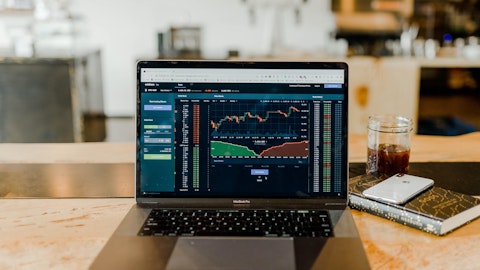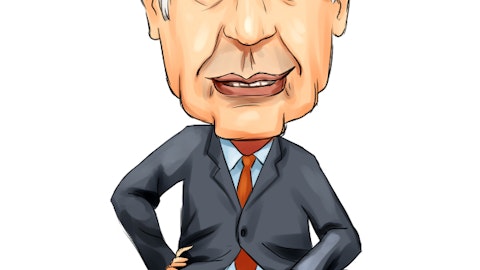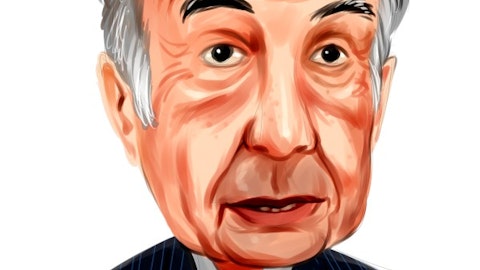Ted Papapostolou : Yes. We don’t break out the Auto Plus business in our financials, but we did deem Auto Plus was not a significant subsidiary of Icahn Enterprises and nor was it a strategic shift getting rid of that subsidiary. So it would not be a significant impact, but we can’t quantify it at this time, and it was a subsequent event. So maybe during the Q1 earnings, we’ll be able to provide more color.
Daniel Fannon : Okay, thank you.
Operator: Thank you. One moment for our next question, please. And it comes from the line of Andrew Berg, Post Advisory Group.
Andrew Berg : Thanks, guys. Just circling back on the investment funds for a moment. It looked like to me on the single name long positions you guys did reasonably well. Obviously, the biggest thing that probably hurt you was the equity short. Was the 7-point change in net notional predominantly an adjustment to that equity short did you adjust in other areas?
David Willetts : I think the only thing that you really see running through here is the short, as you pointed out, did not perform well. Certainly, quarter four was volatile as has been the last several quarters. So the shorts did not perform particularly well, but the longest did perform relatively well. So I think on our overall positioning, it doesn’t reflect a fundamental change in our positions, just relative performance between them in terms of the equities.
Andrew Berg : Okay. And I guess I guess we’ll see it in the Q as to what the change was between the index funds and the CMBX shorts?
David Willetts : Well, in terms of the CMBX shorts, maybe I’ll provide a bit broader context. Those fees over time — so over time, if you go back to certainly 2021 and 2022, our exposure to the CMBX shorts has naturally declined as those wind up. So we see an impact, and we certainly have seen an impact over the last several quarters that’s been more pronounced than in past years, just as those are just easing in larger numbers and that’s a planned and predictable action. So it’s — I wouldn’t read too much into that other than the natural course for that security.
Andrew Berg : Okay. And my numbers suggest that, that was probably somewhere breakeven in the quarter. So I don’t think it was a significant detractor from performance, but I might be wrong. When we look at real estate, the $6 million swing in EBITDA, what exactly is driving that? It’s great to see the improvement but I’m just wondering what was the improvement there?
David Willetts : I mean the good news is that we have been focused on real estate and there’s still opportunities, certainly in one or two areas. But we’ve seen continued progress in our development companies. They’ve done very well despite interest rate environments. They’ve done very well. They continue to move forward. We continue to be excited about our strategy and development of the type that we do. And then over the course of really ’22 — ’21 versus ’22, we’ve had continued progress in select net lease properties, really leasing those out where they were idle. We still have plenty of space to lease out and we’re focused on that. But what I’d say is real estate has started to come more into its own. And stay tuned in that area. We want to see that continue to perform well.





